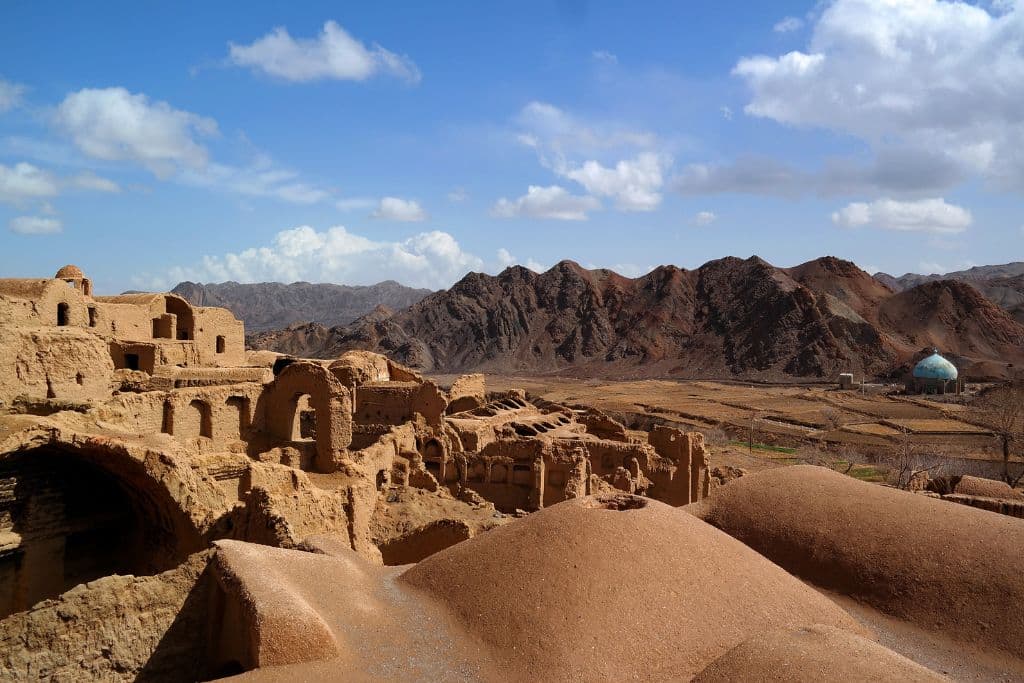Health minister raised alert in hospitals as Iran prepares for a nationwide shutdown on Wednesday and Thursday amid scorching heat.
—
A two-day national shutdown started on Wednesday in Iran amid “unprecedented heat” that has raised health concerns for vulnerable groups, including the elderly, children, and outdoor workers.
Temperatures in some southern provinces soared to 50C (122F) in recent days. In the city of Ahvaz, the mercury hit 51C (123F) this week. The capital Tehran is expecting temperatures up to 39C (102.2F) on Wednesday, as governmental offices, schools, banks, and the stock exchange shut for a two-day national holiday.
Government spokesperson Ali Bahadori Jahromi said the decision came after the Health Ministry warned about a possible increase in cases of heat exhaustion because of high temperatures as it put hospitals on high alert.

Water stress by country, 2023. Image: World Population Review.
Iran is among the world’s countries suffering the most from extremely high baseline water stress, the result of a years-long drought that has drained resources and forced authorities to shut down businesses in specific areas, though this is the first time that the government announces a nationwide shutdown.
According to World Population Review, inefficient agricultural practices, rapid population growth, and water misuse have led to high water stress in the country. Prolonged heatwaves and a lack of precipitation have further exacerbated the situation.
The announcement comes amid sweltering temperatures across all parts of the globe. July, which has seen the hottest three-week period in history as well as the three hottest days on record, is set to be the hottest in history. According to the World Meteorological Organization (WMO), global mean temperature “temporarily” surpassed the 1.5C threshold above pre-industrial levels during the first and third week of the month. Ocean temperatures have also reached an all-time high – in places like Florida, they surpassed the 38C (100F) mark, adding to previous warnings over warming water putting marine life and ecosystems in peril.
Iran is the largest greenhouse gas emitter not to have ratified the Paris Agreement, which sets out a framework for limiting global warming to below 1.5C or “well below 2C” above pre-industrial levels by the end of the century and asks countries to become carbon neutral by no later than the second half of this century. Global temperatures have already risen 1C and predictions for 2.7C warming or more would have catastrophic environmental, social, and economic impacts.
You might also like: How Climate Change Is Unfolding in South Korea


















